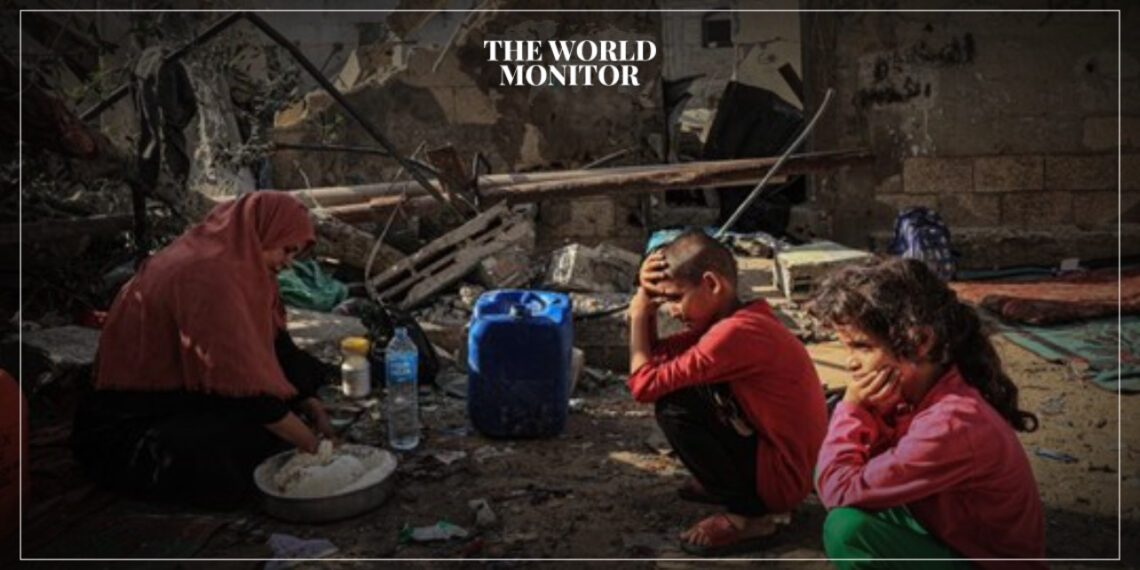The United Nations Relief and Works Agency (UNRWA) has reported that more than 625,000 children in Gaza are suffering from severe psychological trauma due to the ongoing conflict.
These children, many of whom are unable to attend school, are living amidst the devastation of destroyed homes and neighborhoods.
As the violence continues to escalate, Israeli forces have launched artillery strikes on homes and land in the Al-Amour neighborhood, located east of the town of Al-Fukhari in southeast Khan Younis.
Additionally, a rocket landed in an open area near Tiberias in northern Israel, while artillery fire also targeted areas in Al-Fukhari.
The ongoing conflict has exacerbated the dire situation for children in Gaza, many of whom are experiencing deep psychological distress as they navigate life in a war zone.
This crisis has intensified the need for both psychological and educational support for these young victims.
Gaza has been at the center of repeated conflicts between Israel and Palestinian factions, leading to significant destruction and loss of life.
The children of Gaza, who make up a large portion of the population, have borne the brunt of these violent escalations, facing disrupted education, inadequate healthcare, and exposure to traumatic experiences.
UNRWA, which was established to support Palestinian refugees, plays a crucial role in providing essential services such as education, healthcare, and psychosocial support. However, the agency often faces funding shortages, limiting its ability to address the growing needs of the population.
The ongoing violence in Gaza further complicates the lives of children, many of whom have already lived through multiple rounds of conflict.
The psychological toll is significant, with many children displaying symptoms of post-traumatic stress disorder (PTSD), anxiety, and depression.
Despite these challenges, access to mental health services remains limited, highlighting the urgent need for international intervention and support.
As Gaza continues to face instability, the international community’s role in providing humanitarian aid and advocating for a peaceful resolution is more critical than ever.
Without immediate attention to the psychological well-being of Gaza’s children, the long-term effects of this trauma could have devastating consequences for future generations.






